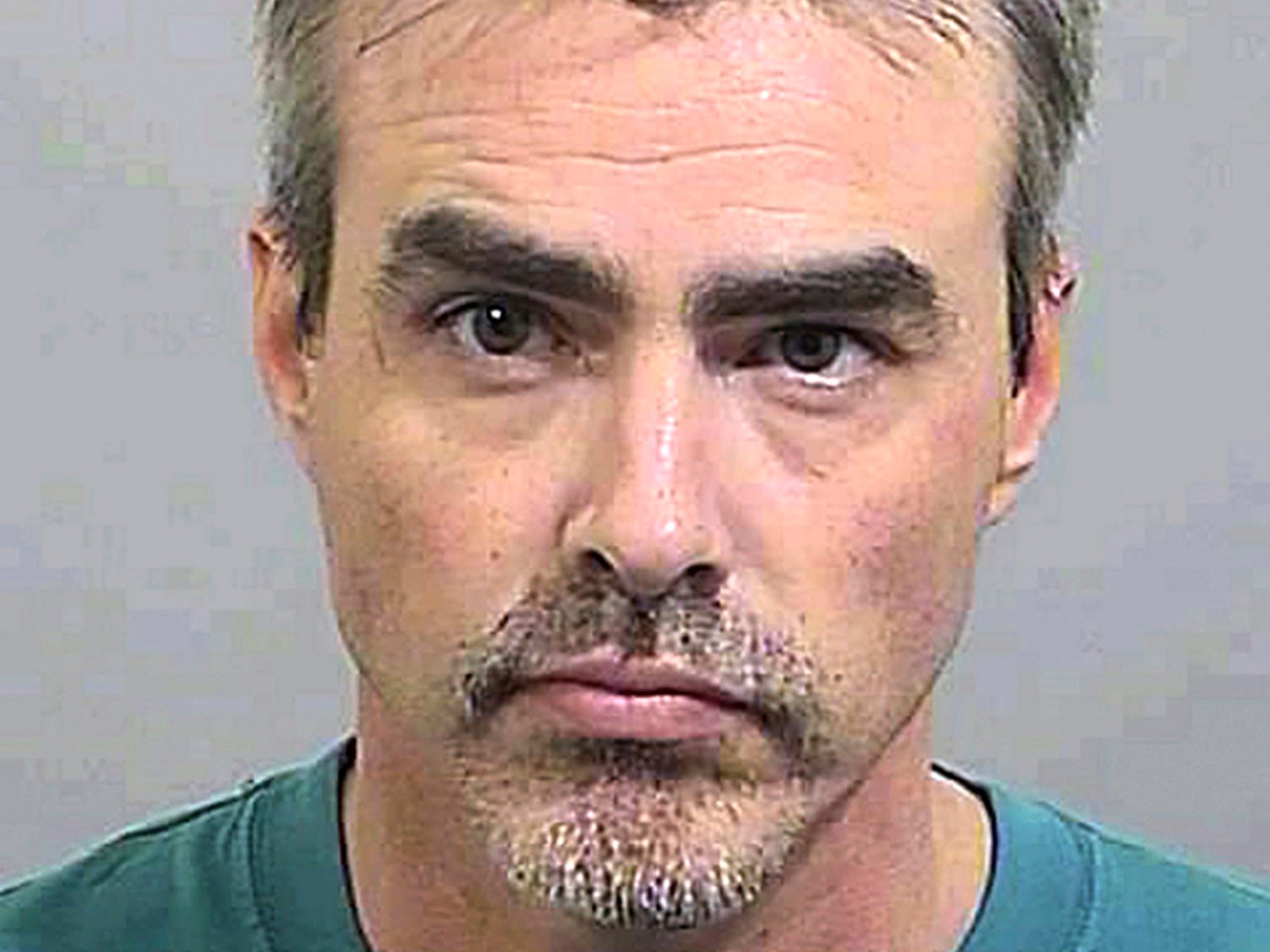Fake cyanide seller convicted over death of suicidal British man
'Sidney Kilmartin devised this malicious scheme to take advantage of the most vulnerable people,' says prosecutor

Your support helps us to tell the story
From reproductive rights to climate change to Big Tech, The Independent is on the ground when the story is developing. Whether it's investigating the financials of Elon Musk's pro-Trump PAC or producing our latest documentary, 'The A Word', which shines a light on the American women fighting for reproductive rights, we know how important it is to parse out the facts from the messaging.
At such a critical moment in US history, we need reporters on the ground. Your donation allows us to keep sending journalists to speak to both sides of the story.
The Independent is trusted by Americans across the entire political spectrum. And unlike many other quality news outlets, we choose not to lock Americans out of our reporting and analysis with paywalls. We believe quality journalism should be available to everyone, paid for by those who can afford it.
Your support makes all the difference.An American has been convicted of supplying cyanide over the internet to a suicidal British man who used it to kill himself.
Sidney Kilmartin was found guilty of wire fraud, witness tampering, mail fraud and supplying the injurious substance, which killed Andrew Denton in 2012.
A jury in Bangor, Maine, concluded Mr Denton, from Hull, was one of many customers who had paid for the fatal drug.
However, in a bizarre twist, it emerged during the trial that - despite claiming he would sell potassium cyanide to customers who contacted him - on receiving payment, Mr Kilmartin would actually scam his customers by sending Epsom salts, a common laxative, according to the Hull Daily Mail.
When Mr Denton realised he had been sent the bogus drug, complained to Mr Kilmartin that he would report the business to the FBI.
Mr Kilmartin urged his customer to withdraw his threat and sent him a package containing enough cyanide to kill 20 people.
Mr Denton consequently took the fatal dose on New Year’s Eve and left a suicide note explaining the remainder of the drug was in a nearby plastic bag.
He advertised the cyanide on his website and invited customers to contact him by email.
Mr Kilmartin then encouraged his clients to send wire payments via Western Union or PayPal, explaining he would send the drug once payment was received.
Mr Kilmartin obtained the cyanide by posing as a goldsmith and approaching a company which provided chemicals to industrial clients. Cyanide is used to extract gold from its ore.
Mr Frank explained that the defendant “toyed with [his customers]. He chose who got to live, who got death."
Martin Ridge, Mr Kilmartin’s lawyer, maintained his client should not be held responsible for Mr Denton’s death: "Mr Denton died in the exact manner he wished to die. Mr Denton's death was caused by Mr Denton's actions.”
The date for Mr Kilmartin’s sentencing has not been set.
Join our commenting forum
Join thought-provoking conversations, follow other Independent readers and see their replies
Comments